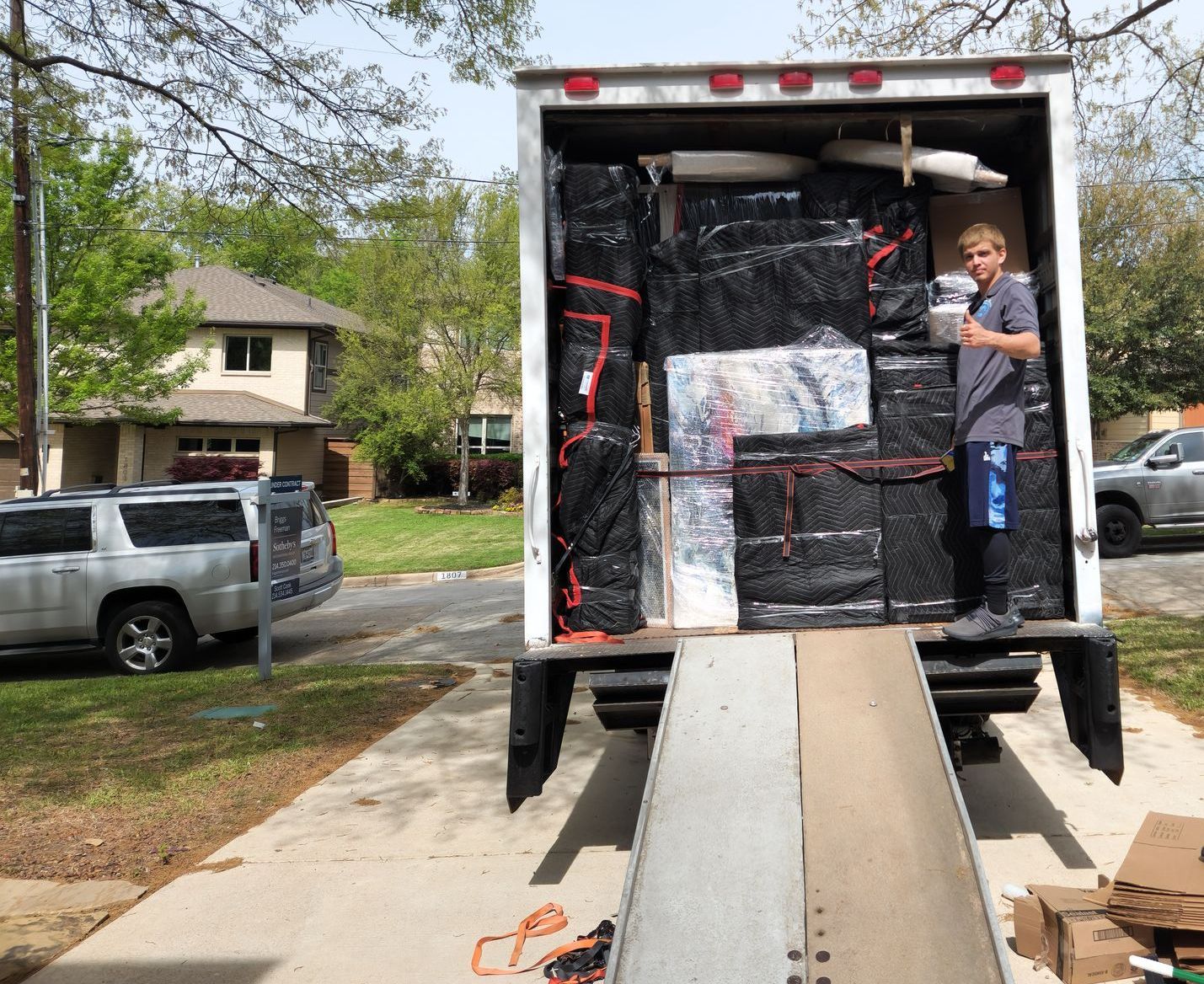1. Understanding Common Moving Scams
Awareness is your first line of defense against moving fraud. Scammers employ various deceptive tactics to exploit consumers, often masquerading as legitimate businesses. Here are some prevalent moving scams you need to be aware of:
a. Bait-and-Switch Estimates
The bait-and-switch scam begins with a moving company offering an exceptionally low estimate to entice customers. This estimate is often significantly lower than competitors', making it attractive to those looking to save money. The company may assure you that this low price covers everything.
However, once your belongings are loaded onto the truck, the company informs you that the estimate was non-binding or that additional services are necessary, such as packing materials, extra labor, or equipment fees. They may also claim that your shipment weighs more than expected. As a result, they demand a much higher fee before delivering your items.
Victims are left in a difficult position, as refusing to pay may result in their belongings being withheld or even discarded. The initial low estimate was merely a tactic to secure your business, with the intention of charging more later.
b. Hostage Situations
In this scenario, unscrupulous movers load your possessions onto their truck and then demand additional fees before delivery, often citing unforeseen circumstances or fabricated charges. If you refuse to pay, they may threaten to keep your belongings, essentially holding them hostage.
These companies leverage your need to retrieve your items, knowing that most people will pay the inflated fees rather than risk losing their possessions. This practice is illegal, but recovering your items without paying can be challenging and time-consuming, often requiring legal intervention.
c. Over-the-Phone or Internet Estimates
Legitimate moving companies typically provide estimates after conducting an in-person or virtual survey of your belongings. Scammers, however, offer quotes over the phone or online without seeing what needs to be moved.
These estimates are usually unrealistically low to attract customers. On moving day, the movers claim that the volume or weight of your items exceeds what was estimated and demand additional payment. Because the initial quote was based on incomplete information, they can justify the higher cost, leaving you with little recourse.
d. Large Upfront Deposits
While some reputable movers may request a small deposit, scammers demand substantial upfront payments, sometimes up to 50% or more of the total cost. After receiving the deposit, they may fail to show up on moving day, perform the move haphazardly, or increase the price dramatically.
Paying a large deposit reduces your leverage, as the company already has your money. It also increases the risk of the company disappearing with your funds, leaving you scrambling to find a new mover at the last minute.
e. Unlicensed or Uninsured Movers
Operating without proper licenses or insurance allows fraudulent movers to cut costs and offer lower prices. However, this puts you at significant risk. Unlicensed movers may not adhere to industry regulations or standards, leading to potential damage to your property.
Without insurance, you have little to no protection if your belongings are lost, stolen, or damaged during the move. Additionally, if a worker is injured on your property, you could be held liable for medical expenses and damages.
f. Name-Switching Tactics
To evade legal action or negative reviews, some fraudulent moving companies frequently change their names or operate under multiple aliases. They may close one business and reopen under a new name, making it difficult to track their history or hold them accountable.
These companies might also use names similar to reputable movers to confuse consumers. Verifying the company's credentials and checking for any history of name changes can help you avoid these deceptive practices.
















